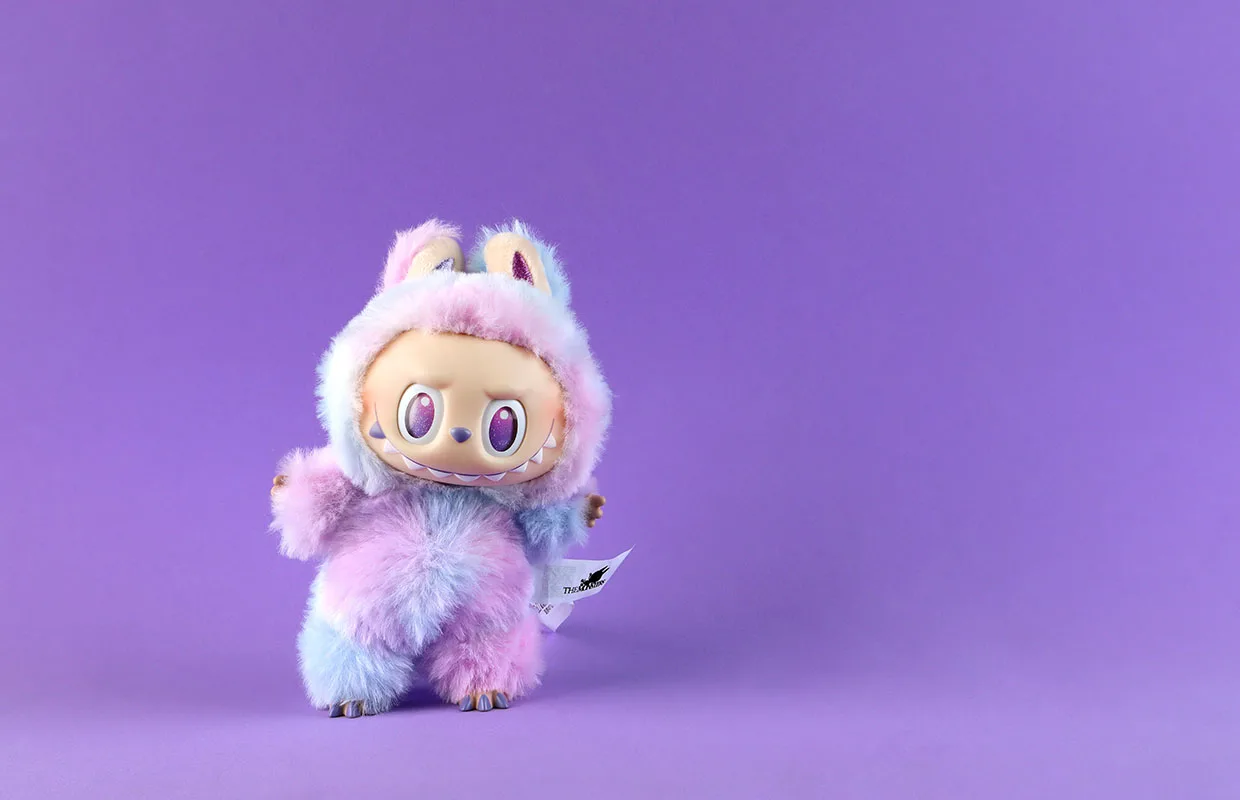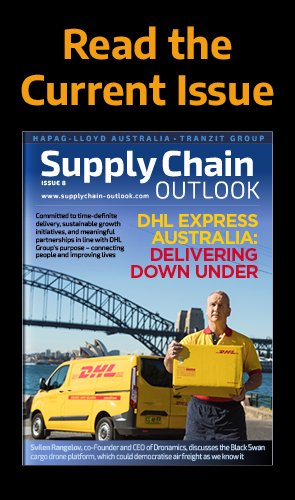Chinese toy company Pop Mart has witnessed an unprecedented rise in demand for its Labubu doll in recent months. We take a closer look at the spate of frenzied consumerism that has emerged as a result and the supply chain ultimately supporting it behind the scenes.
THE LABUBU EFFECT
Pop Mart’s Labubu – the quirky ‘ugly cute’ plush toy with nine teeth, pointed ears, and endless variety – has recently taken the world by storm.
More than just another collectible toy, Labubu has become a benchmark for understanding how Asia is shaping the future of trend-driven consumer goods and how supply chains must evolve to support this momentum.
Although initially brought to life in 2015 by Hong Kong artist Kasing Lung for Pop Mart’s ‘The Monsters’ picture book series, the first plush dolls hit the market in 2019, with their popularity growing most noticeably over the last year since going viral across social media platforms such as TikTok and Instagram.
Through its well-thought-out intellectual property (IP) strategy, alongside the occasional release of limited-edition products, Pop Mart has been able to assert undeniable dominance over the collectible toy market.
Labubu’s status as a blind box collectible has also driven sales, with over 70 percent of the company’s revenue in 2019 coming from mystery boxes whose contents are unknown until after purchase – a sales strategy that drives intrigue amongst consumers.
By mid-2025, Labubu had generated billions of dollars in revenue for Pop Mart, with some reports estimating a 1,200 percent increase in sales for the plush toys alone.
As the company seeks to remain resilient and adaptable to evolving market conditions, it’s important to note that behind Labubu’s sudden boom is a complex supply chain being constantly tested, stretched, and re-engineered.
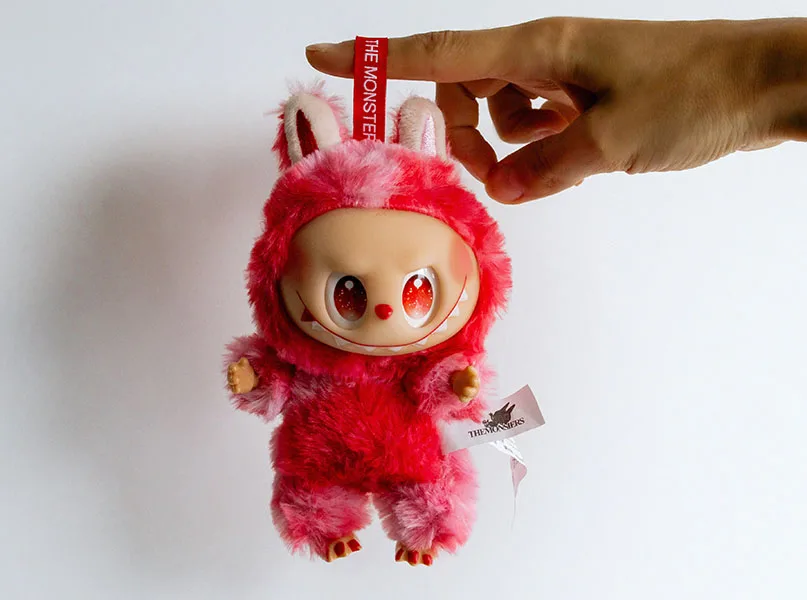
AGILE, ADAPTABLE, AND ALIGNED
With Pop Mart outsourcing nearly all toy production through an original equipment manufacturer (OEM) model, it must strike the perfect balance between scale, quality, speed, and maintaining IP integrity – which has not been without its challenges.
Whilst the company’s primary factories in Guangdong, China, are capable of mass production, the company has been careful to select manufacturing partners who can not only maximise capacity but also meet elevated production standards around materials, finish, packaging, safety, and design fidelity.
Despite the marked benefits afforded by Pop Mart’s decision to focus on product quality, production bottlenecks have emerged over the past year as demand began to outpace supply.
In fact, the company recently revealed that plush toy production surged tenfold in the first half of 2025, surpassing 30 million units in August alone.
Navigating this unprecedented rise in demand and the impact on skilled labour, Pop Mart has undertaken internal reorganisation by developing an agile, adaptable, and aligned (3A) supply chain.
In response to this rapid growth, the company has demonstrated great agility. For instance, when celebrities such as Lisa of BLACKPINK endorsed Labubu on social media and sales subsequently skyrocketed, Pop Mart responded with a flexible and responsive supply chain that grants it a competitive edge.
In addition, the company demonstrates adaptability by not just scaling its factories accordingly but adjusting forecasting models upon the understanding that not all stock-keeping units (SKUs) are equal – material types, finishes, and packaging each bring their own lead times, quality control constraints, and risk.
Pop Mart has now evolved its forecasting strategy beyond relying solely on past sales or IP popularity, incorporating artificial intelligence (AI)-powered inventory platforms to analyse data for accurate demand and optimise inventory levels.
As a company that actively aligns its sales forecasting, production planning, IP design, marketing, and logistics departments, Pop Mart understands that the better these functions coordinate, the less likely that quality issues, delays, or safety non-compliance are to occur.
It has also upgraded packaging lines – moving from tear-off packaging to a drawstring bag style, improving durability and ease of opening – and even begun to integrate more automation for increased quality control and speed.
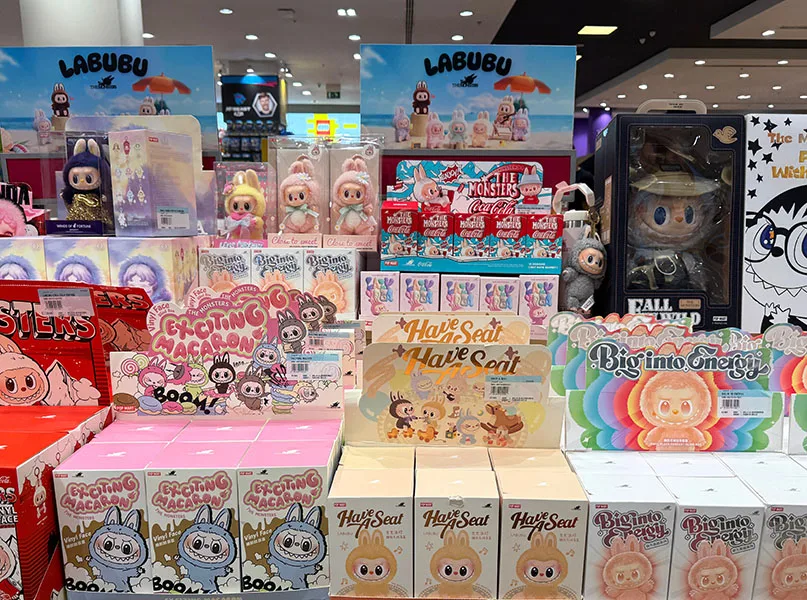
STRIKING THE BALANCE
Labubu isn’t just big in China – the market in Southeast Asia has seen sustained success bolstered by Thailand, Vietnam, and Indonesia’s rising youth populations, growing disposable income, and strong digital presence.
The doll has also become popular throughout the US and Europe thanks to celebrity endorsement from the likes of Kim Kardashian, Rihanna, David Beckham, Gemma Collins (GC), and Dua Lipa.
However, with global expansion also comes logistical complexity such as navigating cross-border exports and tariff constraints and meeting local regulatory compliance requirements like health and safety.
Indeed, amidst the media frenzy caused by Labubu in the UK earlier this year, Pop Mart was forced to pause in-store sales due to safety concerns surrounding crowd management and overnight queuing.
As such, one of the most difficult balances to strike has been between scarcity – which drives demand, exclusivity, and hype – and meeting consumers’ expectations for availability.
Artificial scarcity such as limited product drops has proven to be a sound commercial model – but only if it doesn’t tip over into customer frustration.
In addition, like many sought-after celebrity-endorsed fashion items, reports suggest resale markets place a heavy markup on Labubu, further contributing to the exclusive status of the toy.
However, resale prices are now cooling, in part thanks to increased production and more restocks.
Meanwhile, counterfeit dolls nicknamed ‘Lafufus’ are the latest concern for Pop Mart, many of which have unsafe materials, poor finishes, and missing safety certifications.
These aren’t just IP issues for the company, but brand trust issues. Whilst Pop Mart has responded with more stringent IP enforcements such as trademarks, design rights, and customs seizures, alongside authentication measures like holograms and UV stamps, maintaining control across global supply and distribution networks remains an ongoing challenge.
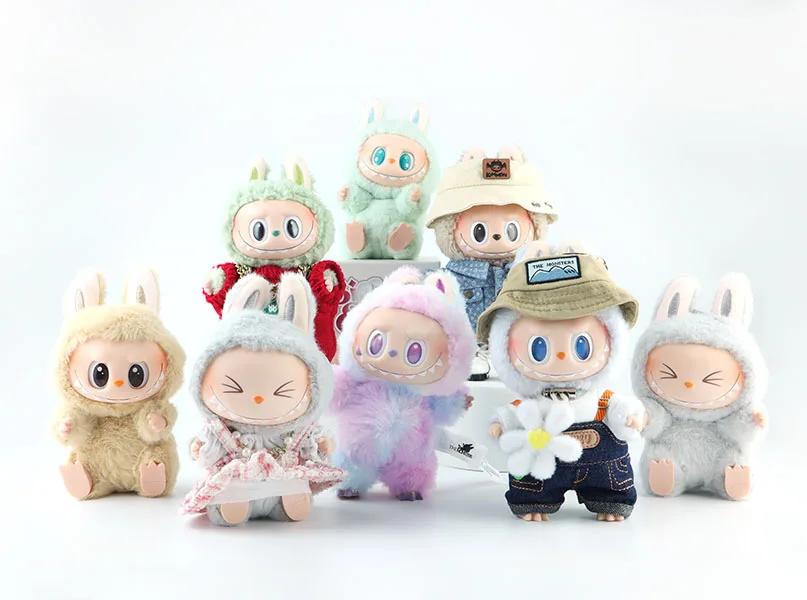
LOOKING AHEAD
Although Pop Mart has laid strong foundations for Labubu’s success – such as a powerful IP portfolio, global expansion, responsive manufacturing partners, and increasingly sophisticated supply chain practices – sustaining this momentum will take work.
It must scale production without diluting quality, alongside carefully matching its inventory to the hype surrounding products to avoid driving up counterfeit and resale markets – too many counterfeits threaten to dilute the exclusivity of Labubu and, in turn, depress primary demand.
The company must also continue to strengthen its supply chain transparency and code of ethics in terms of materials sourcing, worker welfare, and environmental impact, all of which are under increasing scrutiny in today’s business landscape.
As Labubu’s popularity can only last so long, Pop Mart would also be wise to diversify its product range through new characters and artist collaborations, reducing the company’s dependency on a single prolonged hit.
More than just a toy, Labubu has emerged as a case study of how smart supply chain engineering can support the growth of a global phenomenon.
Collectible toys like Labubu remind companies operating in this market that nimble, quality-obsessed, and globally aware supply chains can not only protect product relevance but sustain it.



